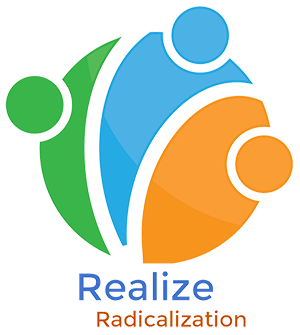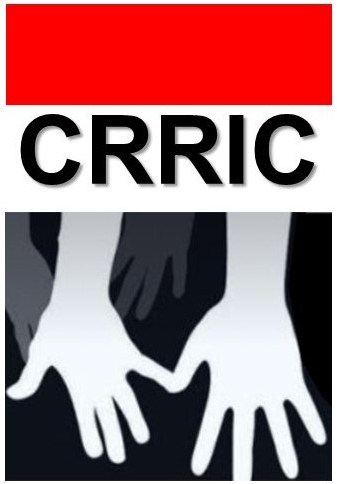[vc_row][vc_column][vc_column_text]It was an honour and privilege to meet Jodi Williams this afternoon. We chatted about Rohingya Crisis and she was deeply interested to know our research insights. She threw a poignant question: why Rohingyas are so hated in Myanmar? She met Suu Kyi twice and shared her views with us about the future of the crisis. Here is a brief description of her initiatives including the weblink:
Jody Williams received the Nobel Peace Prize in 1997 for her work to ban landmines through the International Campaign to Ban Landmines, which shared the Peace Prize with her that year. At that time, she became the 10th woman – and third American woman – in its almost 100-year history to receive the Prize. Since her protests of the Vietnam War, she has been a life-long advocate of freedom, self-determination and human and civil rights.
Like others who have seen the ravages of war, she is an outspoken peace activist who struggles to reclaim the real meaning of peace – a concept which goes far beyond the absence of armed conflict and is defined by human security, not national security. Williams believes that working for peace is not for the faint of heart. It requires dogged persistence and a commitment to sustainable peace, built on environmental justice and meeting the basic needs of the majority of people on our planet.
Since January of 2006, Jody Williams has worked toward those ends through the Nobel Women’s Initiative, which she chairs. Along with sister Nobel Laureate Dr. Shirin Ebadi of Iran, she took the lead in establishing the Nobel Women’s Initiative. They were joined at that time by sister Nobel Laureates Wangari Maathai (Kenya), RigobertaMenchú Tum (Guatemala) and Betty Williams and Mairead Maguire (Northern Ireland). The Initiative uses the prestige of the Nobel Peace Prize and the influence and access of the women Nobel Laureates themselves to support and amplify the efforts of women around the world working for sustainable peace with justice and equality.
Source: https://nobelwomensinitiative.org/laureate/jody-williams/[/vc_column_text][/vc_column][/vc_row][vc_row css=”.vc_custom_1592073718664{margin-top: px !important;}”][vc_column][nd_options_text nd_options_text_tag=”h1″ nd_options_text_align=”center” nd_options_text=”CRRIC & International Institute of Social Studies (ISS)-Erasmus, Netherlands 4 Part Webinar on Rohingya and Banyamulenge Persecution (Part 3)”][vc_separator css=”.vc_custom_1592073469617{padding-top: 15px !important;}”][/vc_column][/vc_row][vc_row css=”.vc_custom_1592073707897{margin-top: px !important;}”][vc_column][vc_column_text]Seen as non-native, both the Banyamulenge and Rohingya communities are specifically targeted; the questioning of their citizenship is thus a preparation for attack, and arguably for genocide. Both groups are insulted, called ‘scum’ or ‘vermin’. Political hate speech is common, as is the use of social media to incite hatred. Minorities are demonized as if they pose a threat, rather than their vulnerability being acknowledged. There are real challenges for both these unwanted communities in getting access to the media, since they are already stigmatized, and they are confronted with real challenges in obtaining sufficient humanitarian assistance, living in tiny areas without any ability to grow or maintain their own food stocks.
Event registration is required (please click the link below):
[/vc_column_text][/vc_column][/vc_row][vc_row][vc_column][vc_single_image image=”3653″ img_size=”1000X600″ alignment=”center” style=”vc_box_border” border_color=”orange” onclick=”img_link_large”][/vc_column][/vc_row]





